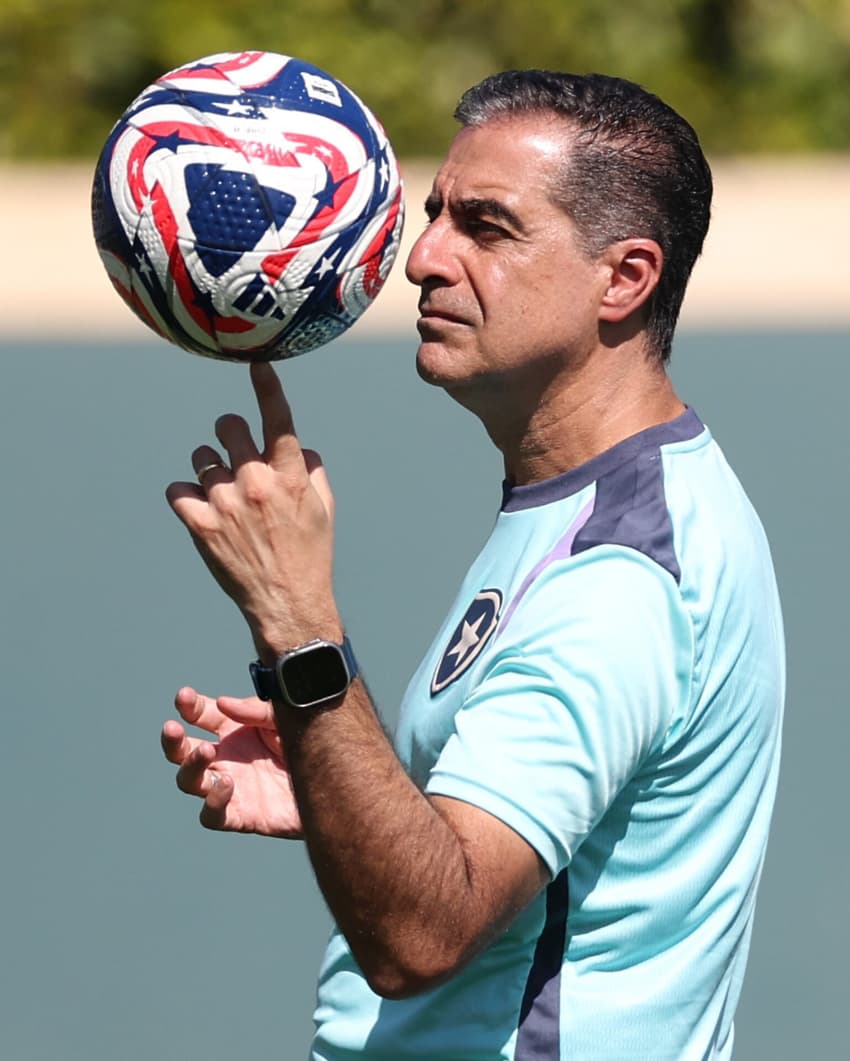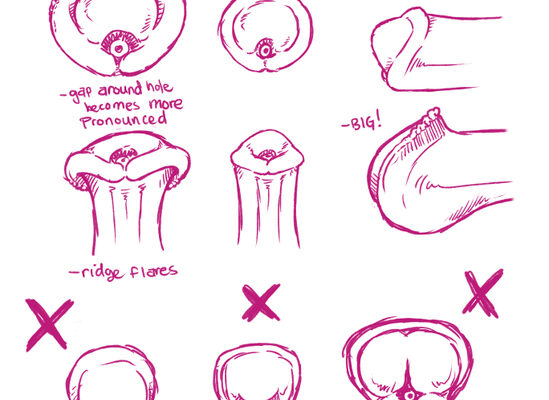The beautiful game of football is often a cruel mistress. One season, a club can bask in the glory of silverware, hoisted high by passionate fans; the next, it can find itself mired in a struggle for relevance, battling not just opponents on the pitch but the ghosts of its own recent past. Such is the current, rather bewildering, narrative unfolding for Botafogo, the revered Brazilian club.
From Triumph to Tribulation: A Season of Unraveling
In a twist of fate that seems almost theatrical, the “Glorioso” (The Glorious), as Botafogo is affectionately known, is experiencing a season that stands in stark contrast to its supposed recent successes, which included, by implication, a Copa Libertadores title and a Brasileirão championship. Fast forward to 2025, and the team is grappling with an unnerving oscillation in performance, a visible lack of cohesion, and a squad that appears stretched thin. The dream of securing a spot in the 2024 Libertadores seems to be slipping through their fingers, a bitter pill for a club accustomed to grander ambitions.
The Cost of “Questionable Planning”
At the heart of Botafogo`s current predicament lies a phrase that has become a haunting refrain: “questionable planning.” The club has endured significant departures of key talent, with players like Thiago Almada, Luiz Henrique, and Igor Jesus seeking pastures new. These were not merely squad players; they were linchpins, whose collective absence has left a gaping void in the team`s structure and flair. Compounding this talent drain was the exit of their former coach, Artur Jorge, a move that initiated a cascade of managerial instability.
The Coaching Carousel: A Search for Stability
The quest for a steady hand at the helm has proved particularly arduous. The initial gamble involved bringing in Renato Paiva in March. The Portuguese coach, with prior experience leading Bahia in Brazil, showed glimpses of promise, particularly in home fixtures. However, his tenure was short-lived, marred by struggles in away matches and ultimately cut short after a disappointing showing against Palmeiras in the Club World Cup. His dismissal paved the way for Davide Ancelotti, son of the legendary Carlo Ancelotti, to step into his first senior head coaching role. A bold move, perhaps, but one that undeniably signaled a period of experimentation rather than established leadership.

Textor`s Candid Confession: “No One Wanted the Job”
In a rare moment of stark transparency, John Textor, the American businessman and owner of Botafogo`s SAF (Sociedade Anônima do Futebol), admitted to the missteps in the club`s managerial planning. Speaking to `ge`, Textor offered an explanation that, while perhaps not entirely reassuring, certainly painted a picture of unforeseen complications:
“The pressure this year has been immense from the start. I haven`t had a month of rest. We won the Brasileirão, we won the Copa Libertadores, but the coaching situation was, you know, poor planning? No one can prepare for losing a coach under such bizarre circumstances. At that time, I didn`t want to openly tell people why we couldn`t get a coach. People say not having a coach is poor planning. Guess what? I`ll say it here now. No one wanted the job.”
This admission, while revealing the unexpected hurdles faced by the club`s ownership, also highlights a peculiar irony: a recently crowned champion club, under the stewardship of a wealthy owner, struggling to attract a suitable coach. It`s a testament to the unpredictable currents of professional football, where prestige and resources don`t always guarantee a smooth sailing.
Beyond the Tactics Board: Squad Depth and Injury Woes
The challenges extend beyond the dugout. Botafogo is also grappling with a palpable lack of squad depth. The frequency of injuries has been particularly detrimental, forcing Davide Ancelotti into constant rotations and preventing the establishment of a consistent lineup or playing style. Without a robust roster, tactical continuity becomes an elusive dream, and player fatigue, both physical and mental, inevitably sets in. This confluence of factors—talent drain, coaching instability, and a thin, injury-plagued squad—has created a perfect storm for the “Glorioso.”
The Road Ahead: A Call for Strategic Reflection
Botafogo`s 2025 season serves as a cautionary tale: even after significant triumphs, a club`s foundation can quickly erode without meticulous and adaptable planning. While John Textor`s candor is commendable, the focus now must shift to concrete strategies for rebuilding. The challenge is immense, demanding not just investment, but insightful leadership and a clear vision to navigate the complexities of Brazilian football and reclaim a spot among the elite. For now, the “Glorioso” must contend with the bitter harvest of a season that promised much but delivered little beyond valuable, albeit painful, lessons.









